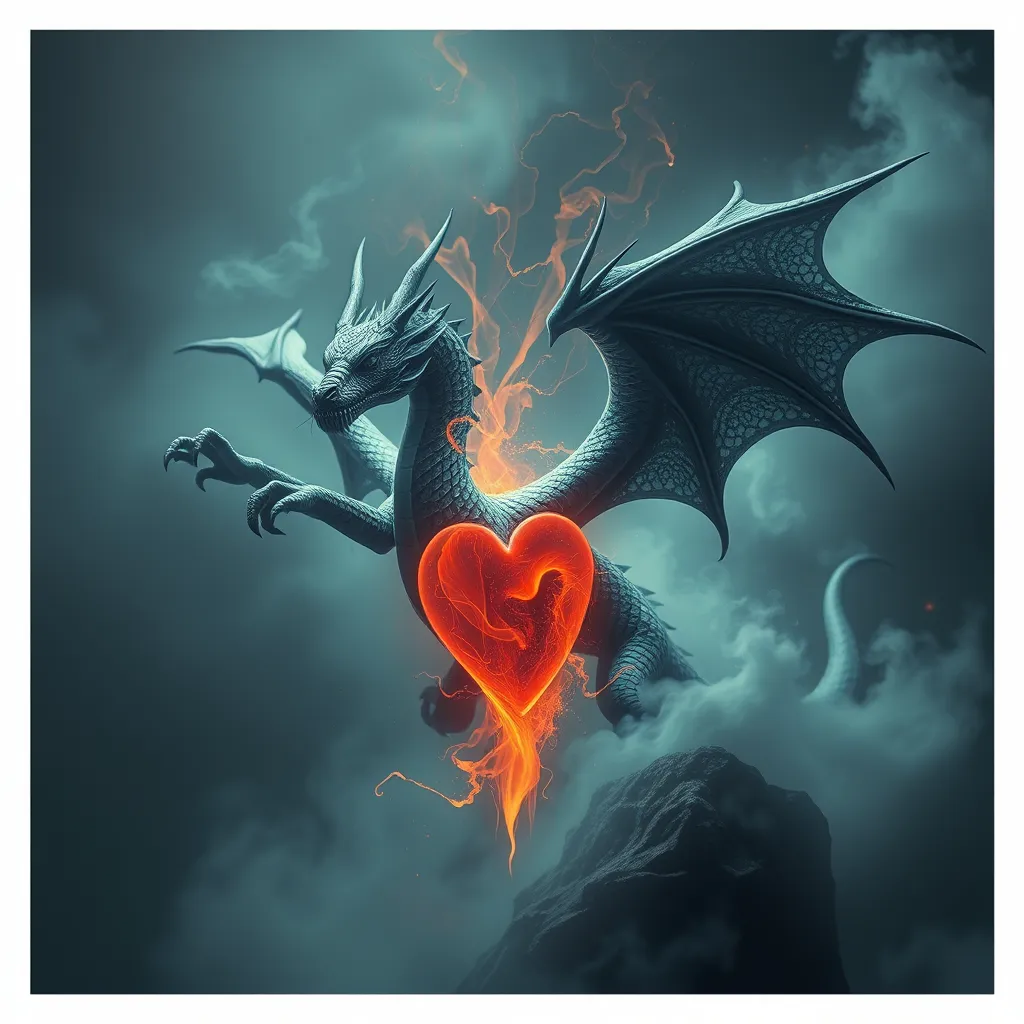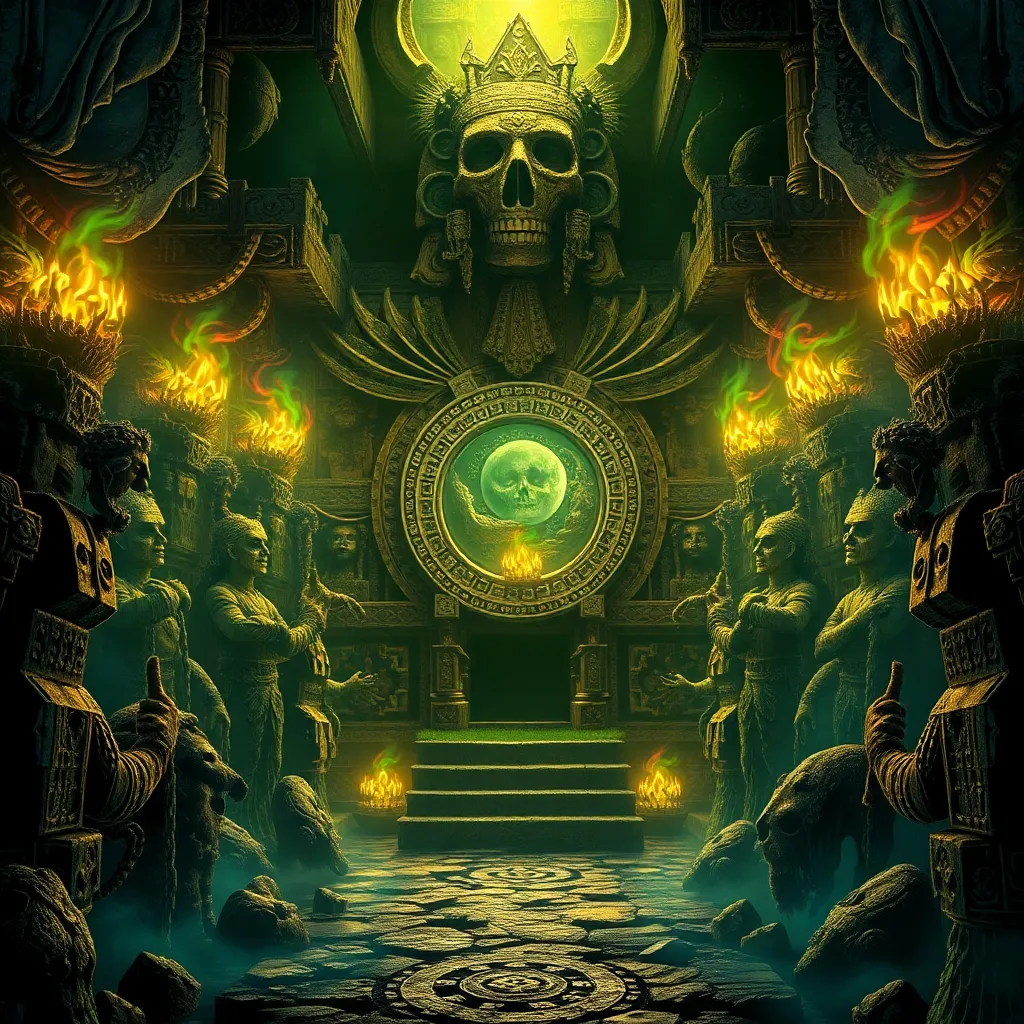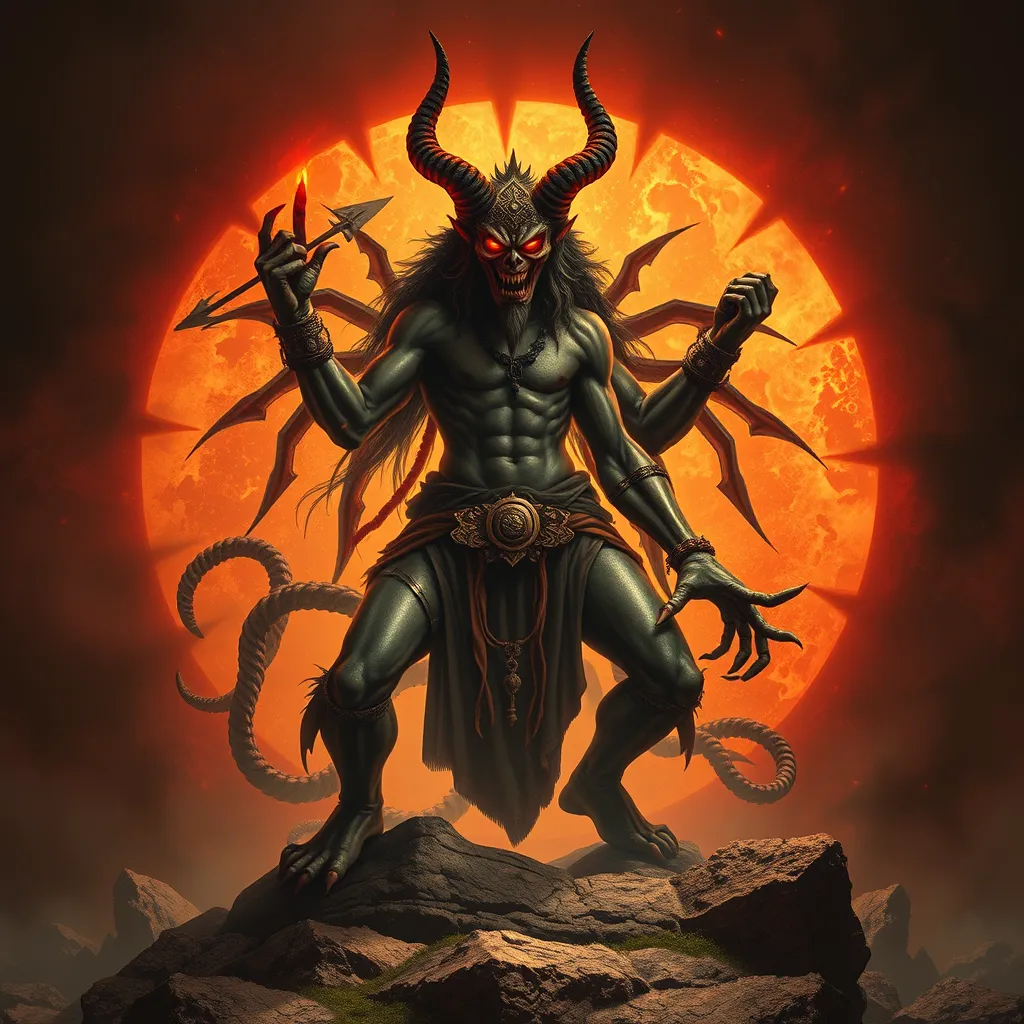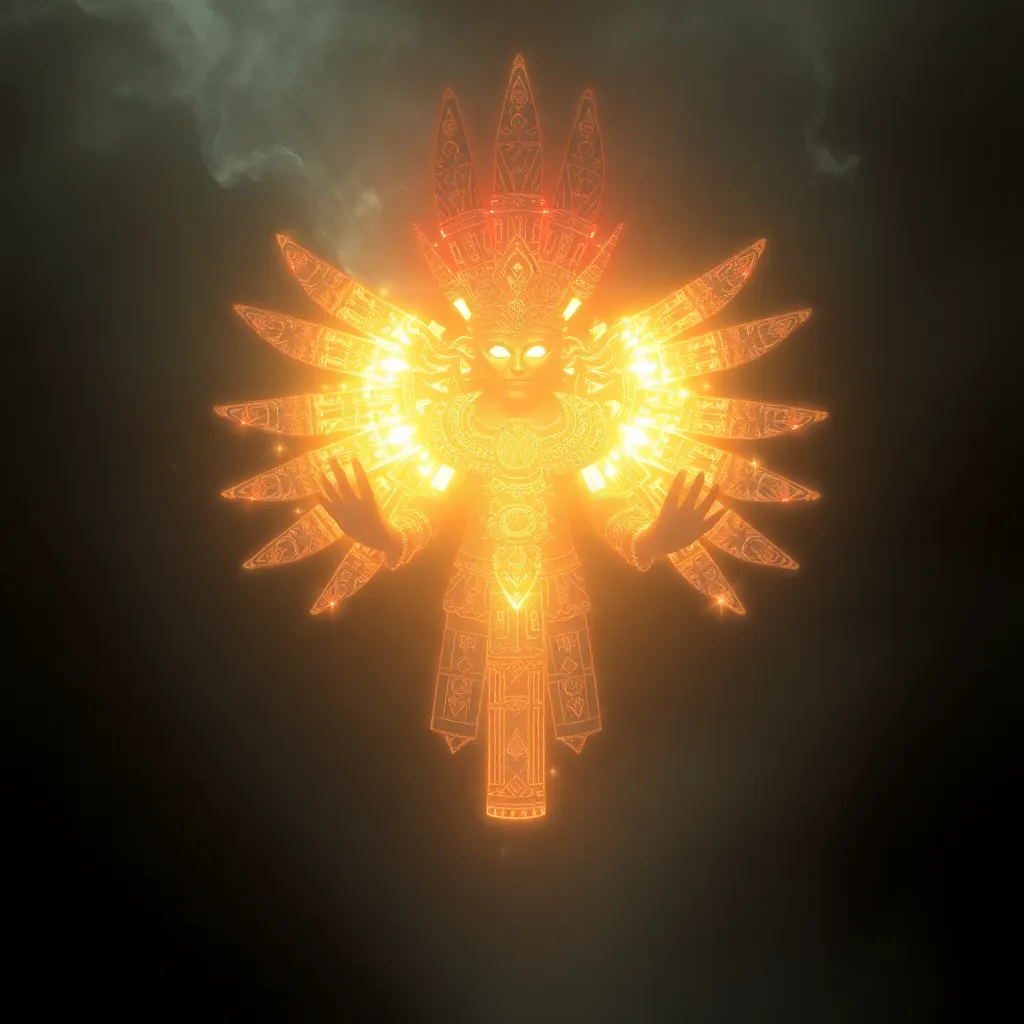The Dragon’s Heart: Unveiling the Human Emotions and Experiences Associated with Dragons
I. Introduction
Throughout history, dragons have captivated the human imagination, serving as powerful symbols in mythology and culture across the globe. From the fire-breathing beasts of European folklore to the wise and benevolent creatures of Asian legends, dragons embody a wide spectrum of human emotions and experiences.
The significance of dragons extends beyond mere myth; they represent deep-seated fears, aspirations, and transformations that resonate with our own lives. This article delves into the multifaceted nature of dragons, exploring their symbolic roles in human emotions and experiences, ultimately unveiling the heart of the dragon within us all.
II. The Mythical Origins of Dragons
Dragons have a rich tapestry woven into the mythology of many cultures. Their origins can be traced back to ancient civilizations, where they were often revered or feared as powerful entities.
- Historical Accounts: The earliest mentions of dragons appear in Mesopotamian mythology, notably in the Epic of Gilgamesh, while in ancient Greece, dragons were associated with the goddess of wisdom, Athena.
- Evolution of Imagery: Over time, dragon imagery evolved, reflecting societal changes and cultural exchanges. In medieval Europe, dragons were typically depicted as malevolent beings, while in Chinese culture, they represented auspicious qualities.
- Common Themes: Themes of chaos versus order, the struggle between good and evil, and the quest for knowledge frequently recur in dragon myths.
III. Dragons as Symbols of Power and Strength
Dragons are often seen as symbols of immense power and strength, embodying both physical prowess and spiritual protection.
In many tales, dragons are depicted as guardians of treasures, representing the idea of safeguarding what is valuable:
- Protectors and Guardians: In cultures like Norse and Celtic mythology, dragons are portrayed as fierce guardians of sacred spaces and treasures.
- Human Aspirations: The dragon’s might reflects humanity’s quest for power and control, serving as a metaphor for our ambitions and desires.
- Struggle for Dominance: Dragons often symbolize the inherent struggle for dominance, mirroring human conflicts for territory, resources, and influence.
IV. The Connection Between Dragons and Fear
Dragons also represent the darker aspects of human experience, notably fear and challenges. They embody the unknown and the daunting obstacles we face in life.
- Metaphor for Personal Fears: The dragon can symbolize personal fears, such as failure, rejection, or loss, challenging individuals to confront and overcome them.
- Cultural Examples: In literature and film, dragons often represent societal fears, such as war, disaster, or the consequences of unchecked ambition.
- Overcoming Fear: Many stories feature protagonists who must confront dragons, representing the journey of overcoming their fears and emerging victorious.
V. The Role of Dragons in Love and Relationships
Dragons also play a role in the realm of love and relationships, symbolizing both passion and destruction.
They can be seen as embodiments of desire, reflecting the duality of love:
- Passion and Desire: In many cultures, dragons are associated with intense passion and romantic fulfillment, representing the fiery nature of love.
- Destructive and Protective: The dual nature of dragons illustrates how love can be both protective and destructive, highlighting the complexities of relationships.
- Personal Stories: Many individuals recount experiences where their love felt like a dragon—powerful and consuming, yet also nurturing and protective.
VI. Dragons and the Theme of Transformation
Transformation is a recurring theme in dragon lore, symbolizing personal growth and change.
Dragons often undergo significant transformations in folklore and literature:
- Folklore and Literature: Many tales feature dragons that change in form, representing the journey of self-discovery and evolution.
- Growth and Change: The dragon’s ability to grow, adapt, and change symbolizes the potential for personal transformation in all individuals.
- Case Studies: Characters inspired by dragons often experience profound transformations, reflecting their inner struggles and triumphs.
VII. The Artistic Representation of Dragons and Human Emotions
Dragons have been a significant source of inspiration in various forms of artistic expression, from visual arts to literature and film.
Their depictions evoke powerful emotions in audiences:
- Visual Arts: Artists often portray dragons in ways that emphasize their grandeur and ferocity, tapping into the viewer’s emotions of awe and fear.
- Literature and Film: Dragons appear in numerous narratives, serving as central figures that evoke complex emotions and drive the plot forward.
- Contemporary Storytelling: Modern interpretations of dragons continue to explore their symbolic significance, connecting with contemporary themes of identity, power, and fear.
VIII. Conclusion
The emotional and experiential connections between humans and dragons are profound and multifaceted. From symbols of power and strength to representations of fear, love, and transformation, dragons encapsulate the complexities of the human experience.
As we reflect on the legacy of dragons in our cultures, we recognize their enduring influence in shaping our understanding of emotions. Embracing the dragon’s heart encourages us to confront our fears, pursue our passions, and embrace transformation in our lives.
Ultimately, the dragon serves as a reminder of the strength and resilience within us, urging us to harness our inner power and navigate the complexities of our emotions with courage.



